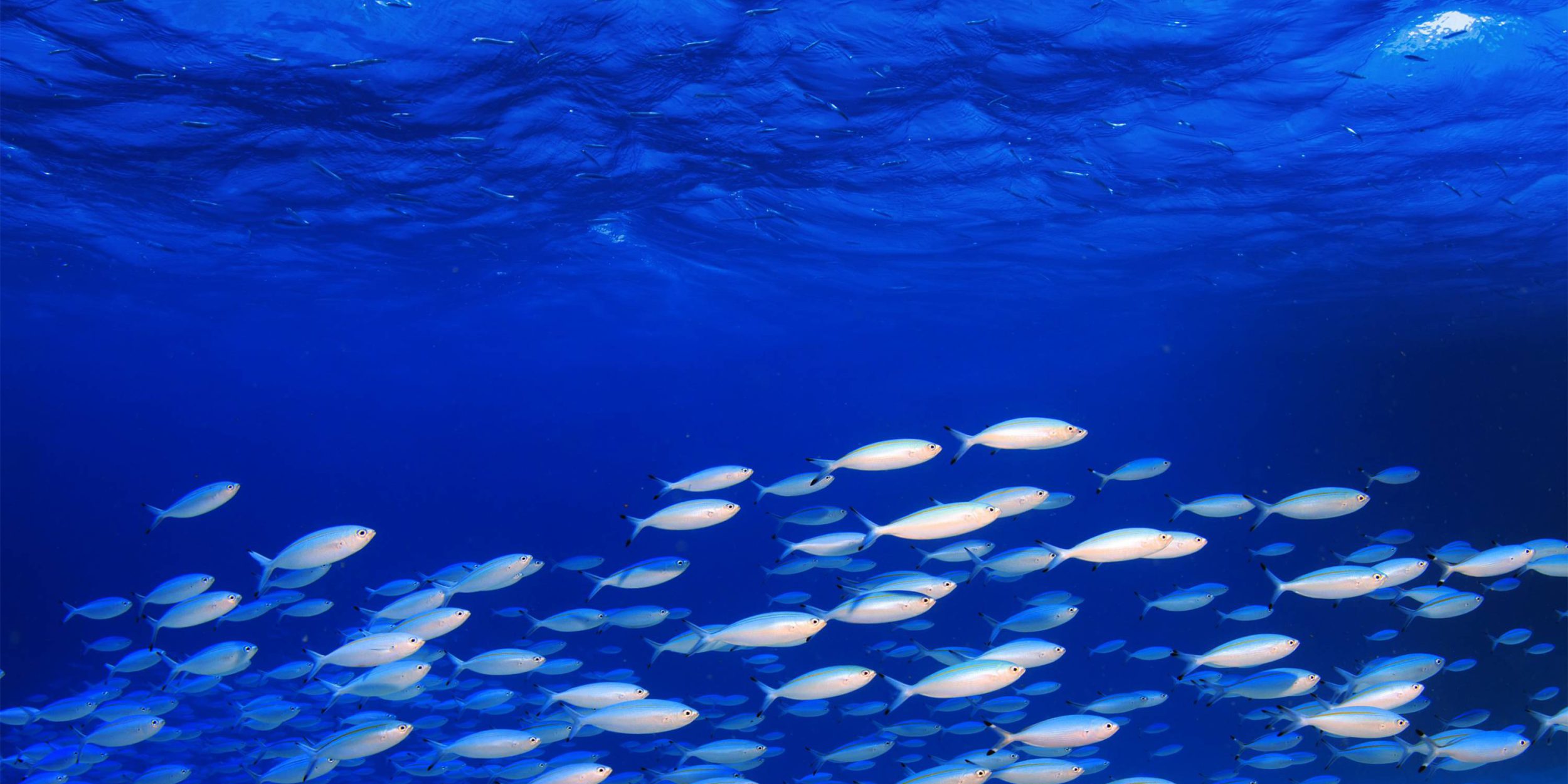
It’s Earth Day – Here’s How You Can Fight Climate Change With Your Food Choices
April 22, 2020
Today is Earth Day, and this year’s is a big milestone, marking fifty years since millions of people took part in protests on April 22 1970, helping to kick off the modern environmental movement.
Earth Day is now marked every year on April 22, and while a lot has happened since 1970, it is of course not nearly enough – and the focus of this year’s Earth Day is climate action.
At the moment it can feel difficult to focus on anything other than the daily challenges – so it’s understandable that Earth Day might not be at the forefront of your mind today. But such crises can also cause us to reflect on the wider issues raised by Earth Day every year, like our impact on the environment. If you do want to do something for this year’s commemorations, the organisers of Earth Day have come up with some ‘digital action’, and activities that can be done while adhering to social distancing – these include solo clean ups, and documenting air quality with an app. And at ASC we can help you with some easy ways to use your food choices to help fight climate change.
Climate change is an important subject to us at ASC, unsurprisingly – our mission is to reduce the environmental (and social) impacts of aquaculture. We also believe that responsibly farmed seafood has a vital role to play in the fight against climate change.
As we’ve discussed in previous blogs on this topic, fish is one of the most efficient converters of feed into high quality food, with a lower carbon footprint compared to other animal production systems. To take just one example, farmed salmon produces a fraction of the carbon generated by the beef industry.
That’s the good news. The challenge is that, just like all food production, farming fish does have environmental and social impacts. This might be from water use, pollution, or overreliance of chemicals and medication.
So as an ethical consumer who wants to play their part in the fight against climate change, does that mean you’re just back at square one, with no way of discerning what type of food is best for the environment? Well, not quite. At ASC we are doing the hard work for you, only those farms that can demonstrate they are minimising their environmental and social impacts can meet our standards and become ASC certified. Our standards are developed by experts from across the industry, academia and NGOs, and their hundreds of requirements are audited by independent teams – whose reports are then released for public consultation. So the ASC tick is a trusted indication that the seafood in the packaging came from a truly responsible farmer.
Our standards cover more environmental issues than we can mention here, but they include: limits on medication and chemical use; limits on escapes; prohibitions on the use of critically important antibiotics; monitoring of nearby water and the seabed for pollution; and the protection of biodiversity and important habitats such as coastal mangrove forests. That’s on top of the social requirements that ensure that farms treat and pay their workers fairly, as well as maintaining good relationships with their neighbours. A farm can’t become certified unless it meets social and environmental requirements, because we don’t think the two can be separated – damaging or mistreating our shared environment has numerous social impacts, after all. And if you’ve run out of lockdown reading already, you can see for yourself the full requirements for each species because all of our standards can be viewed on this website.
It can be tough trying to be an environmentally conscious consumer – even when we’re not in the middle of a global pandemic – there is a lot of information out there but it’s not obvious what you can trust. That’s why we’re totally transparent about our standards, process, and certified farms. As well as all of our standards, all audit reports, farm details, and much more can be found on this website. Because we want to help by ensuring that at least your choice of farmed seafood can be a simple one – just look for the ASC logo.



